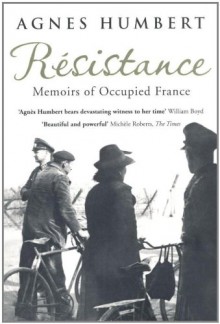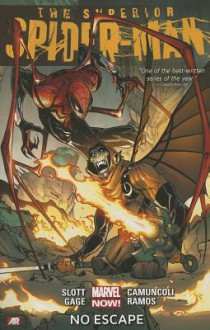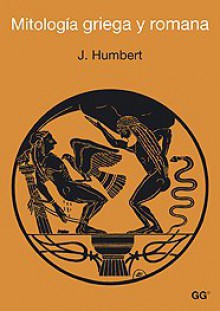
I am recommending this book to anyone interested in the political agitators that sought to fight the Nazis. I consider it one of the better books written on the subject. It begins and ends with transcripts of the author‘s diary entries. The first date from June 1940 to April 1941, ending two days before the author’s interrogation by the Gestapo. The final diary transcripts date from April 1945, four years later, after American liberation. The intervening section was written immediately after the war. It covers her imprisonment, trial, deportation to Germany and life as a slave worker, classified as a political criminal. The book was first published in 1946 and it was one of the first of its kind. Its immediacy, the author’s candor and rambunctious spirit shine throughout. This is a remarkable book. The author has something vital to tell us and she does it with precision, candor, spirit and humor.
Humor in a book detailing the life in labor camps? Yes, biting humor! Humor, when the situation is as bad as it is, almost hurts.
I get back from the factory after a truly grueling night, prostrated with exhaustion. I am going to sleep like a log, I know. But then I see my bunk is already occupied. I start to make a fuss, but a plaintive voice beneath my blankets soon pulls me up short: ‘Oh please, please, don’t be angry. I haven’t got lice and I haven’t made your bed dirty. ‘
I discover this is the new regulation. For lack of space, the day shift and the night shift will take turns to sleep in the same bunks. From now on we will find our bunks already warmed for us. How delightful. (page 151)
I marked line after line that I wanted to quote, but I simply cannot put them all here. One example will have to suffice.
Agnès Humbert (Oct 12, 1894 – Sept 19, 1963) was a mature woman of forty-six at the date of her first diary entries. She had a solid political background. An art historian, she is articulate, well-educated, committed and passionate. As a member of the fledgling French Resistance, as one with vivid war experiences of life in labor camps and as one there in the confusion of the war’s aftermath, she describes it all, simply and powerfully. She experienced it all, and she has a remarkable writing ability. All parts are written in the first person present tense. This was one of the most difficult war books I have ever read, difficult simply because she makes it so very real and she makes the reader care.
ETA: I should perhaps add that the book has a well written Afterward. I read it in fact both before and again after finishing the book. You get additional information about the author. It is written by Julien Blanc. There are also photos and extensive notes.
 I understand this book receiving a lower rating than I gave it because it's a scholarly read, and a reader has to be prepared for that . . . complexity. However, it is full of interesting information and tidbits about a very curious phase of cultural history, when all things Egyptian were the rage.
I understand this book receiving a lower rating than I gave it because it's a scholarly read, and a reader has to be prepared for that . . . complexity. However, it is full of interesting information and tidbits about a very curious phase of cultural history, when all things Egyptian were the rage.
 Log in with Facebook
Log in with Facebook 








